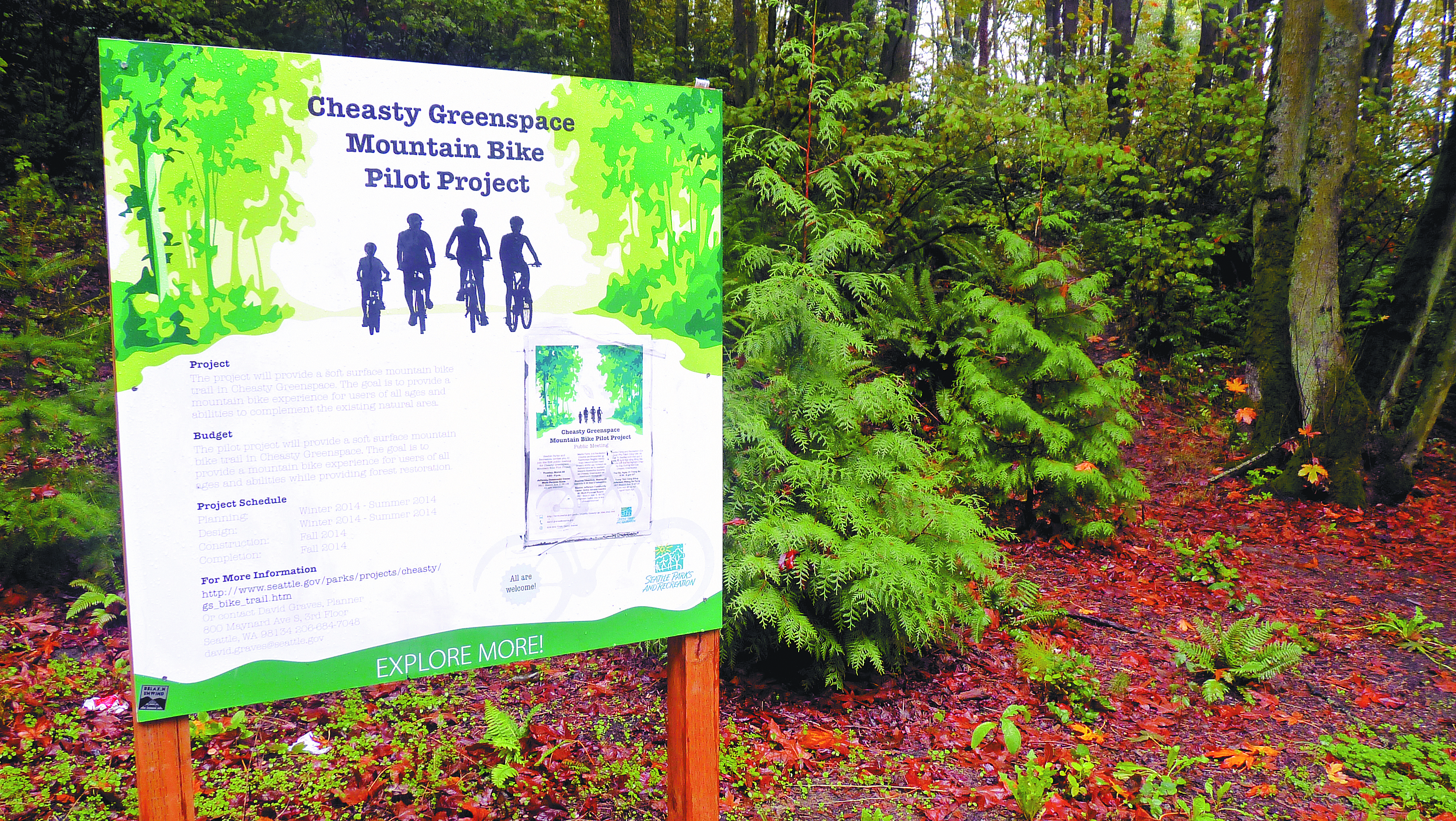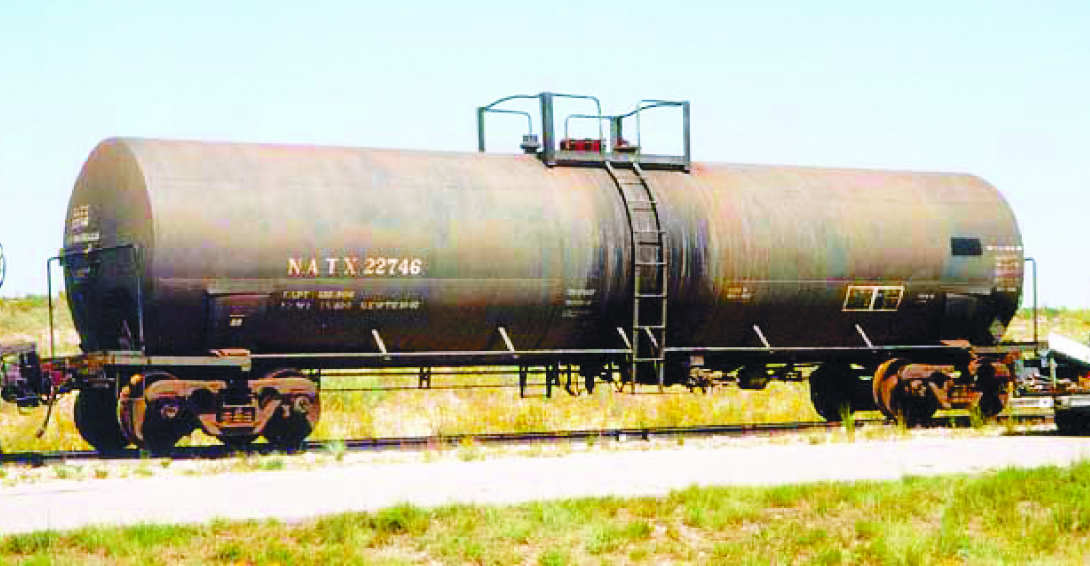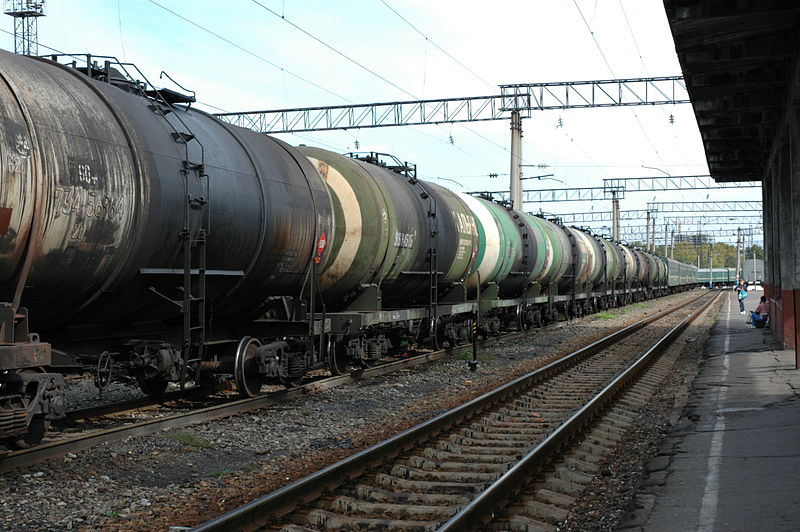Cheasty Boulevard in Seattle’s Beacon Hill neighborhood was mostly idle until the DeJong family moved next door in 2004. “It was very dense, very dark,” says Mary DeJong, 39, of the once-ivy-covered 10-acre section of the greenspace known as Mountain View. She and her forest-steward husband, Joel, 38, took it upon themselves to organize work parties to clear invasive species and build trails. As they did, more sunlight shone through the trees, homeless encampments dispersed, and a community of neighbors-who-volunteer-together developed. No one minded their efforts, until about four years ago when they set their sights on the rest of Cheasty Greenspace, across South Columbian Way.
Proposed Beacon Bike Trail. Illustration from beaconbikepark.com
While the Mountain View side has short walking trails that connect a couple neighborhoods, Joel envisioned an urban mountain-bike trail—Seattle’s first—for the larger segment of the parkland. In the years since, the DeJongs have applied for big-dollar grants and lobbied Seattle Parks and Recreation to alter its bike rule to make the trail happen. They have also encountered unexpected opposition: another neighborhood group dead-set against the trail.
The battle boiled over earlier this month when “angry e-mails” sent to members of the city’s 12-person Project Advisory Team resulted in a call to the police during an October 2 meeting. No one wants to talk about the details of that correspondence, though Parks spokeswoman Paula Hoff called the e-mails “threatening” and said the police presence was an effort to protect the PAT, which comprises volunteers from the community. Hoff adds that “things have simmered down,” but the stand-off over the parkland seems far from over.
Oddly enough, the two groups in this clash—the Dejongs’ Friends of Cheasty Greenspace at Mountain View and the opposition’s Save Cheasty Greenspace—have more in common than not. Both are passionate about the same urban forest. Both agree that they want the homeless and invasives out and native plants in. And both camps can cite you page numbers for the damning evidence against the other side in 100-plus-page public documents.
It all started when Joel DeJong took his trail idea to Glenn Glover, executive director of the Evergreen Mountain Bike Alliance, a nonprofit “dedicated to sustainable mountain biking in Washington.” In 2012 the duo submitted a grant application that was declined because of a Seattle Parks rule prohibiting mountain biking, instituted in 1995 after mountain bikers damaged a different park. However, the city updated the rule in September 2013; it now includes a code of behavior and states that bikes are allowed on trails “designed and constructed to Parks’ Mountain Bike Trail Design Standards.” Only those standards haven’t been established yet; helping to create them was one of the goals of what would be a pilot project at Cheasty.
Even without the grant, Parks pounced on the possibility of free maintenance at one of the many properties it’s required to tend. Following Parks’ lead, this summer city hall gave its blessing for the mountain-bike project at Cheasty, which will ultimately cost $450,000 (most of which will be raised by volunteers). The only problem is that no one from city government went door-to-door in Beacon Hill with this scheme. And they should have known better.
In 2003, when Cheasty’s vegetation-management plan—an earlier topic of controversy—was under review, community members spoke out at a public meeting. They called city employees “heavy-handed bureaucrats” with a “dictatorial approach.” They said Seattle Parks should have gone “door-to-door” with their plan.
In public comments and responses to questions for this article, the opponents to the trail-building plan seem convinced mountain bikers are a destructive special-interest group bent on taking over their greenspace and freaking out wildlife.
“It’s a land-grab,” says neighbor Edward Newbold, 63. He’s a wildlife artist, fond of painting birds. At first he told SW he was mostly concerned with the birds’ habitat, but then he said, “To be honest, you could pave over Cheasty completely and none of those birds would be effected.” Ultimately, he said, “I feel it’s an athletic takeover.”
Sarah Welch, who has lived in the community for 40 years and once worked for Seattle Parks, says she doesn’t want any trails ever to transverse the greenspace because she’s concerned about the interior of the park, calling it “a substantially good forest.” Though current plans call for a mountain-bike trail only along Cheasty’s perimeter, the 67-year-old resident fears the development of a trail will impact the wildlife, which includes a variety of birds, deer, coyotes, hawks, and possibly one eagle, she says.
Welch is one of two members of the opposition who sit on the PAT, which was established in September. Zero trail supporters are on the PAT, though they did apply. “We don’t have a vote,” says Joel DeJong of the advisory vote that the PAT will eventually deliver to the city. The city did not return calls asking for details on the selection process.
Volunteers planting at Cheasty. Photo by Rhiannon Fionn
Welch claims neutrality, writing in an e-mail that “In order to be on the PAT, I agreed I would review the environmental data and remain open to be convinced that it would not harm the natural area or habitat.” The first of four meetings does not seem to have swayed her. “I do not support a mountain-bike trail,” she tells SW.
Joe Brady, natural-resources division manager for Metro Parks Tacoma, says taking care of nature and mountain biking go hand in hand, and that he “can’t say enough good things” about Evergreen Mountain Bike Alliance. Doug Williams of King County’s parks department says, “The commitment of that group is not just about building [trails]; the amount of maintenance they do has been tremendous.”
Welch admits she hasn’t visited other mountain-bike parks or spoken with those who maintain them, but she’s up for a field trip to Tacoma’s Swan Creek mountain-bike trail, and Brady tells SW he’d be happy to host the PAT and detail his city’s experience with mountain bikers.
Might there be hope of a resolution? This past Saturday, 20 members of Friends of Cheasty Greenspace at Mountain View planted trees in the rain. Turns out, Welch said, members of Save Cheasty Greenspace were also at Cheasty planting native plants at the exact same time. Asked why the two groups didn’t collaborate, she said, “That’s a good question.”
“I think if we could pull weeds side by side,” Joel DeJong said, “we could figure this thing out.” Because no matter what happens with the mountain-bike-trail proposal, the Cheasty cleanup will continue, and unless someone moves, which doesn’t seem likely, these folks will still be neighbors after the PAT meetings end.
news@seattleweekly.com






